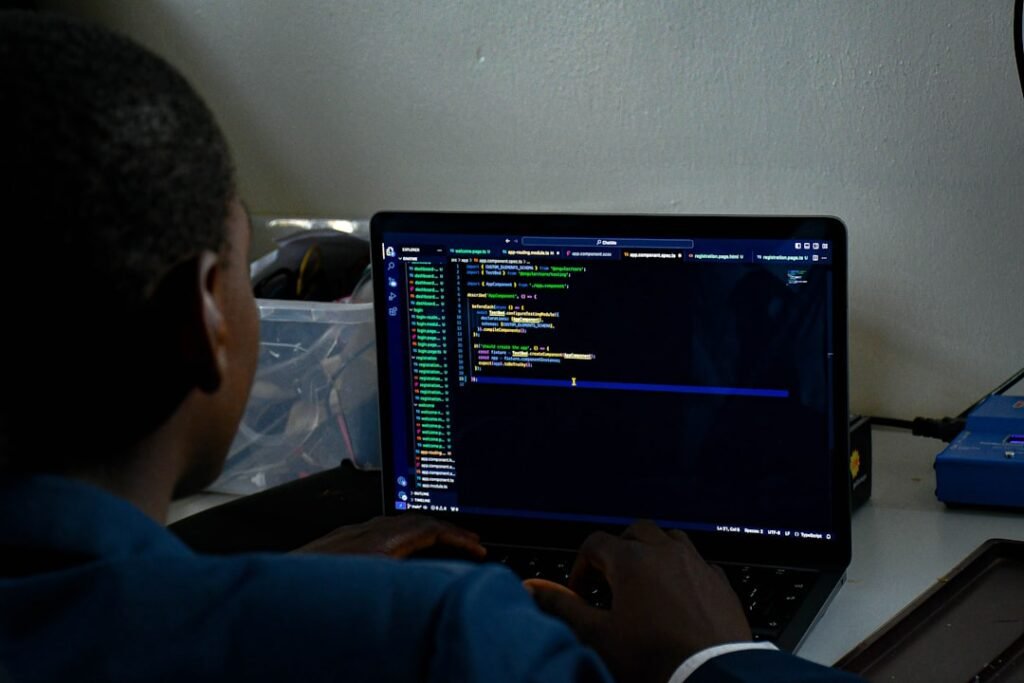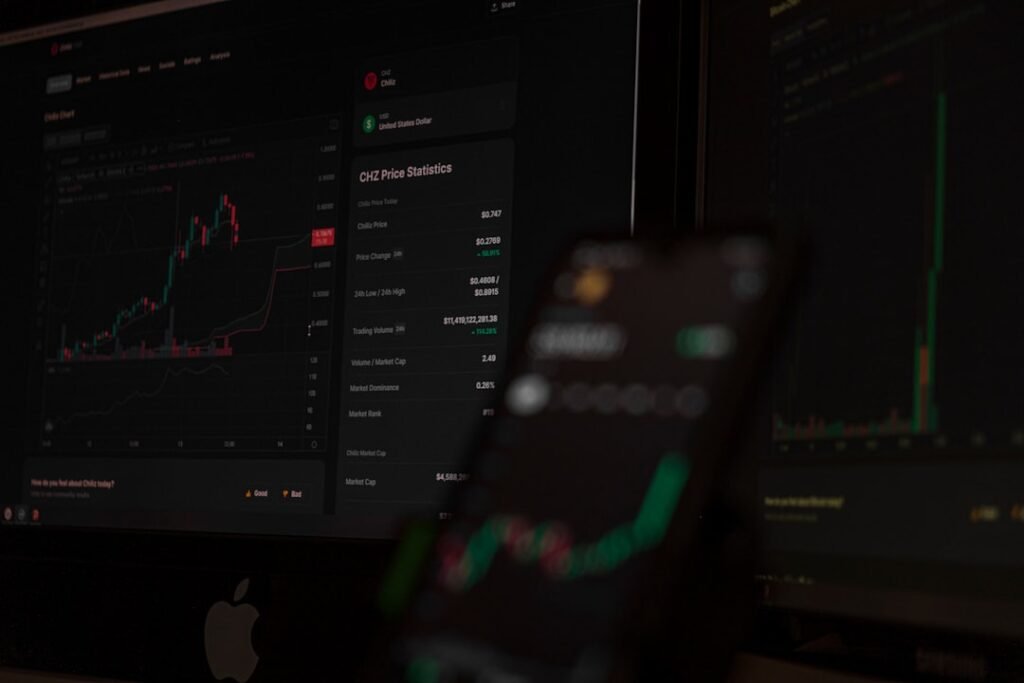The Ultimate Guide to Obtaining a Cryptocurrency License in 2025
The global cryptocurrency market is evolving at breakneck speed, with regulatory frameworks maturing rapidly. For businesses entering this space, obtaining a cryptocurrency license has become non-negotiable. A license isn't just about legal compliance—it's a strategic asset that builds trust with users, unlocks global markets, and positions your exchange for institutional investment. As regulations tighten worldwide, navigating the licensing landscape requires precision. This guide breaks down the entire process for 2025, from jurisdiction selection to post-approval compliance.
What Exactly Is a Cryptocurrency License?
A cryptocurrency license is formal authorization from regulatory bodies permitting businesses to legally operate crypto-related services. These licenses validate that platforms meet stringent operational standards, including:
- Security protocols protecting user funds
- AML/KYC systems preventing financial crimes
- Financial stability requirements ensuring operational continuity
- Transparency measures like audited financial reporting
Operating without a license risks massive fines, operational shutdowns, or criminal liability.
Why a License Is Non-Negotiable in 2025
- Global Regulatory Enforcement
Authorities like the FATF now require member countries to license crypto businesses. Non-compliant platforms face cross-jurisdictional penalties. - Institutional Capital Access
Hedge funds, ETFs, and banks only partner with licensed exchanges due to fiduciary duties. - User Trust & Market Credibility
78% of retail investors prioritize licensed platforms after high-profile exchange collapses. - Banking Relationships
Licensed exchanges gain access to USD/EUR payment rails through compliant banking partners. - Global Expansion Capability
Jurisdictions like Singapore fast-track licensed operators for market access.
Step-by-Step Licensing Process
1. Research Target Jurisdictions
Not all licenses are equal. Critical considerations:
- Regulatory Clarity: Singapore (PS Act) and UAE (VARA) offer predictable frameworks.
- Cost Variance: U.S. licensing costs exceed $100,000; Lithuania averages $14,000.
- Timelines: Singapore processes in 6-12 months; New York’s BitLicense takes 18-24 months.
- Market Access: EU MiCA licenses provide passporting to 27 countries.
2. Develop a Compliance-First Business Plan
Regulators scrutinize:
- Operational workflows for trading, custody, and settlements
- Detailed AML/KYC procedures aligned with FATF guidelines
- Cybersecurity architecture (encryption standards, cold storage protocols)
- 3-year financial projections proving capital adequacy
3. Implement Foundational Compliance Systems
- KYC: Real-time ID verification using biometrics or document scanning
- AML: Transaction monitoring tools with blockchain analytics integration
- Cybersecurity: SOC 2-compliant infrastructure with penetration testing
- Financial Controls: Segregated customer accounts and routine audits
4. Prepare Financial Documentation
- Audited balance sheets proving sufficient capital reserves
- Proof of $500k+ fidelity bonds for customer protection
- Detailed funding sources for investor transparency
5. Submit Application & Manage Review
- File via official channels (NMLS in the U.S.)
- Assign dedicated compliance officers for regulator inquiries
- Expect 3-5 rounds of document requests during review
Leading Licensing Jurisdictions Compared
| 管轄權 | Key Requirements | Timeline | Estimated Cost |
|---|---|---|---|
| United States | FinCEN MSB registration + state licenses (e.g., NY BitLicense) | 12-24 months | $75,000–$200,000+ |
| 歐盟 | MiCA compliance + local registration + €125k–€150k capital | 8-14 months | €100,000+ |
| 新加坡 | Payment Services Act license + MAS oversight | 6-9 months | ~$50,000 |
| UAE (Dubai) | VARA approval + local office + $140k+ capital | 6-12 months | $85,000+ |
| Lithuania | Crypto exchange/ custody registration | 3-6 months | $14,000–$35,000 |
The Hidden Costs Beyond Licensing Fees
- Annual Compliance: $50,000–$200,000 for AML staff, transaction monitoring tools, and audit fees
- Tech Infrastructure: $100,000+ for KYC integration and cybersecurity systems
- Legal/Consulting: $20,000–$60,000 annually for regulatory updates
- License Renewals: $5,000–$50,000 every 1-3 years
Maintaining Your License: Ongoing Requirements
- Periodic Renewals
Submit updated business plans, financials, and compliance reports every 1-3 years. - 即時監控
Deploy blockchain analytics to flag suspicious transactions within seconds. - Staff Training
Quarterly AML workshops adapting to new typologies like DeFi exploits. - Protocol Upgrades
Adjust listing policies for new assets (e.g., MiCA’s stablecoin rules). - Capital Replenishment
Maintain minimum capital thresholds despite market volatility.
Top 5 Licensing Challenges & Solutions
-
Cross-Border Regulation Conflicts
Solution: Engage local counsel in each operational jurisdiction. -
KYC/User Experience Balance
Solution: Deploy AI-powered verification reducing onboarding to 90 seconds. -
Evolving Regulatory Frameworks
Solution: Subscribe to regulator newsletters (e.g., MAS, FinCEN) and join industry associations. -
Cost Management
Solution: Use RegTech tools automating 70% of compliance tasks. -
Documentation Complexity
Solution: Create standardized templates for policies, audits, and risk assessments.
Future-Proofing: 2025 Regulatory Trends
- Automated Compliance
AI will monitor transactions and generate regulatory reports in real time. - Global KYC Databases
Decentralized identity systems may replace repetitive verifications. - Stricter Asset Listing Rules
Exchanges must disclose token reserves and audit reports for listed coins. - Carbon Compliance Requirements
Proof of sustainable energy usage for mining/staking services. - Real-Time Supervision
Regulators gaining API access to monitor exchanges’ liquidity and operations.
Final Checklist for License Applicants
- Jurisdiction comparison matrix completed
- Business plan with compliance annexes
- AML/KYC vendor contracts signed
- $500k+ capital reserves verified
- Legal team assigned for application drafting
- Key personnel background checks cleared
Securing a cryptocurrency license in 2025 demands meticulous preparation but unlocks unparalleled advantages. Platforms that embed compliance into their DNA will dominate the next era of digital finance. By starting the process now, you position your business at the forefront of the regulated crypto economy—where trust and transparency become your most valuable assets.












